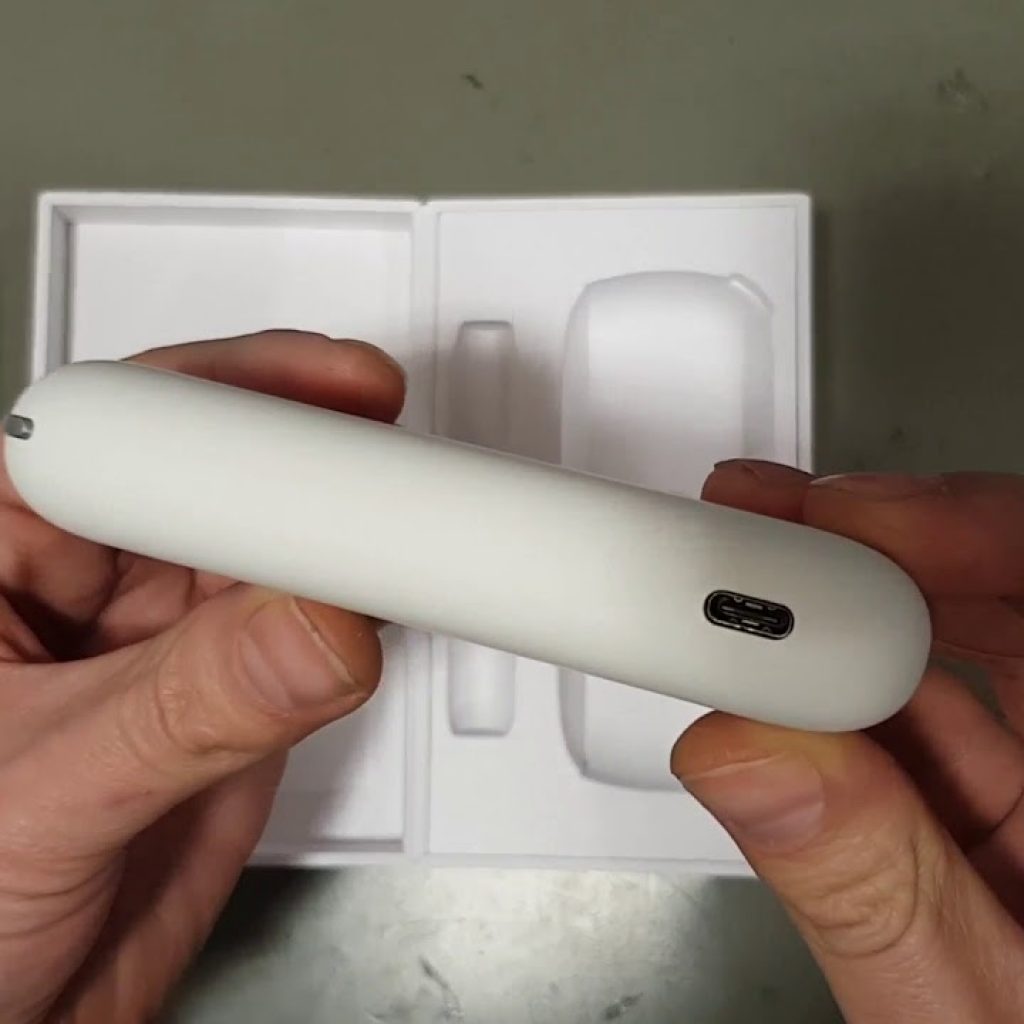Philip Morris gets US FDA marketing nod for IQOS tobacco heating system with ‘reduced exposure’ information

The US Food and Drug Administration (FDA) authorized the marketing of Philip Morris Products S.A.’s “IQOS tobacco heating system” as modified risk tobacco products (MRTPs).
This marks the second set of products ever to be authorized as MRTPs and the first tobacco products to receive “exposure modification” orders, which permits the marketing of a product as containing a reduced level of or presenting a reduced exposure to a substance or as being free of a substance when the issuance of the order is expected to benefit the health of the population.
Importantly, the authorization for these products requires the company to conduct post market surveillance and studies to determine whether the MRTP orders continues to be appropriate, including assessing the potential for increased use among youth.
“Through the modified risk tobacco product application process, the FDA aims to ensure that information directed at consumers about reduced risk or reduced exposure from using a tobacco product is supported by scientific evidence and understandable,” said Mitch Zeller, J.D., director of the FDA’s Center for Tobacco Products.
“Data submitted by the company shows that marketing these particular products with the authorized information could help addicted adult smokers transition away from combusted cigarettes and reduce their exposure to harmful chemicals, but only if they completely switch. The FDA will closely monitor how IQOS is used by consumers to determine if these products meet this potential and do not cause increased use among youth. It is important to note that these products are not safe, so people, especially young people, who do not currently use tobacco products should not start using them or any other tobacco product.”
The IQOS Tobacco Heating System includes the electronic IQOS device that generates a nicotine-containing aerosol by heating tobacco-filled sticks wrapped in paper, specifically Marlboro Heatsticks, Marlboro Smooth Menthol Heatsticks and Marlboro Fresh Menthol Heatsticks. The FDA previously authorized the marketing of these products without modified risk information in April 2019 via the premarket tobacco application (PMTA) pathway.
Even with this action, these products are not safe nor “FDA approved.” The exposure modification orders also do not permit the company to make any other modified risk claims or any express or implied statements that convey or could mislead consumers into believing that the products are endorsed or approved by the FDA, or that the FDA deems the products to be safe for use by consumers.
There are two types of MRTP orders the FDA may issue: a “risk modification” order or an “exposure modification” order. The company had requested both types of orders for the IQOS Tobacco Heating System.
After reviewing the available scientific evidence, public comments and recommendations from the Tobacco Products Scientific Advisory Committee, the FDA determined that the evidence did not support issuing risk modification orders at this time but that it did support issuing exposure modification orders for these products. This determination included a finding that issuance of the exposure modifications orders is expected to benefit the health of the population as a whole.
In particular, the agency determined the company demonstrated that because the IQOS Tobacco Heating System heats tobacco and does not burn it, it significantly reduces the production of harmful and potentially harmful chemicals compared to cigarette smoke. Furthermore, studies showed switching completely from combusted cigarettes to the IQOS Tobacco Heating System significantly reduces the body’s exposure to 15 specific harmful and potentially harmful chemicals.
The toxicological assessment also found that, compared with cigarette smoke, IQOS aerosols contain considerably lower levels of potential carcinogens and toxic chemicals that can harm the respiratory or reproductive systems. Additionally, the FDA found that the applications supported the required consumer understanding findings.










